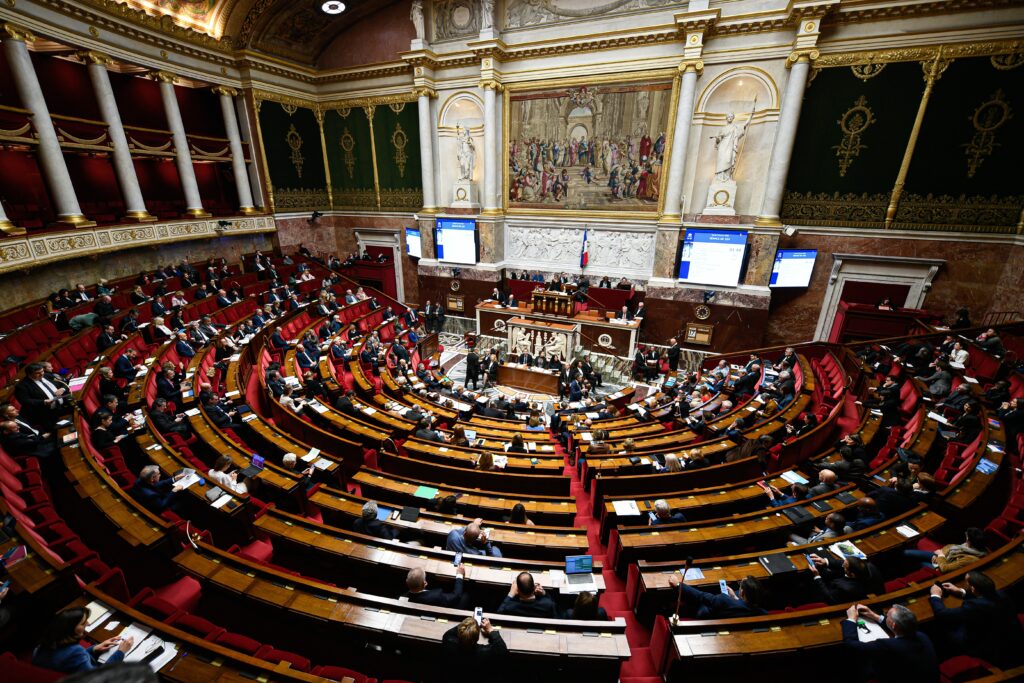French Prime Minister Michel Barnier invoked Article 49,3 of the Constitution to pass next year’s social security budget without a vote. This controversial move triggered outrage from opposition parties, pushing his government to the brink of collapse.
Barnier’s decision stems from his lack of a majority in the National Assembly. Both the hard-left France Unbowed (LFI) and the far-right National Rally (RN) swiftly announced plans to file a motion of no confidence.
The vote could take place as early as Wednesday. Marine Le Pen of the National Rally accused the government of mistreating citizens, saying, “The French are fed up. We cannot leave the situation as it is.”
Outcomes of the No-Confidence Vote
If the no-confidence motion gains majority support, the Barnier government will fall. If rejected, the social security bill will pass and return to the Senate.
The opposition may succeed, given the numbers. LFI holds 71 seats, and the far-right along with its allies controls 141 seats. The motion needs 289 votes to succeed, and additional support could come from the left-wing coalition NFP, of which LFI is a part.
If Barnier’s government falls, it would mark the first successful no-confidence vote in France since 1962, during Charles de Gaulle’s presidency.
